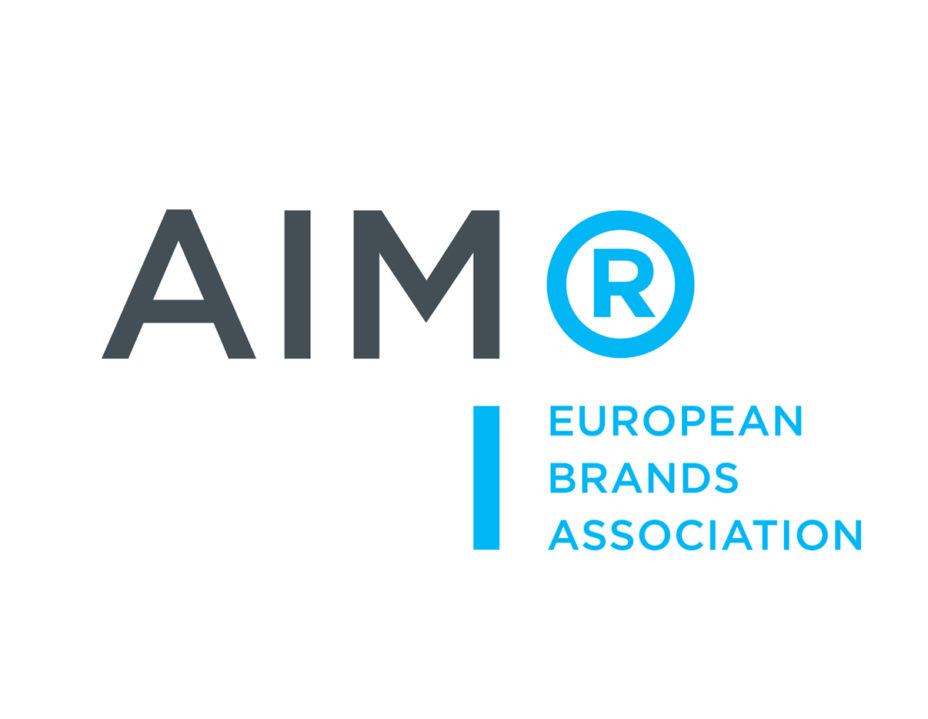
News & positions
AIM recommends futureproofing and adapting competition rules to reflect the new market dynamics of an omnichannel world
Press release, Brussels, 23 April 2021 – AIM has published its response to the European Commission’s questionnaire for the public consultation on a block exemption Regulation and guidelines on vertical agreements.
AIM, the European Brands Association, has been an active participant in the evaluation process of the Vertical Block Exemption Regulation (VBER) and Guidelines on Vertical Restraints (VGL) since it started in 2019, as these are crucial instruments to assess, and ensure the fairness of, the commercial relationships between brand owners and retailers.
The VBER/VGL framework has a major impact on market competition, innovation and consumer welfare. The current VBER and VGL have provided market players with a good level of legal certainty and resulted in cost savings. Unfortunately, outside of the scope of the block exemption, self-assessing agreements remains difficult and can generate legal uncertainty. In addition, the non-binding character of the VGL has resulted in inconsistent application of the rules by national competition authorities, in particular with regards to selective distribution, e-commerce, pricing.
The future revision should lead to a more balanced framework that enables brands to preserve their value and anticipate some of the already visible challenges linked to the higher levels of concentration in the retail sector, especially in the marketplace economy. As the VGL include few references to the online developments whereas online marketplaces have acquired significant market power, stakeholders naturally expect that this will change. Clarifications or targeted amendments to the VBER/VGL framework would therefore be welcome to address certain shortcomings and reflect new market dynamics across sectors, including the re-shaping of the retail landscape and the increase in buyer power. The rules that apply to online and offline channels should be more coherent to foster as fair and competitive a trading environment as possible.
Accordingly, the VBER and VGL should adopt a channel neutral approach and provide more flexibility to brand owners for the organisation of their omni-channel networks so that they can safeguard the existence of offline and hybrid channels, remain aligned with the brand image they wish to convey, and keep satisfying customers’ ever-growing expectations.
Markets have moved towards an omni-channel approach and brand owners have strived to meet consumers’ needs and expectations by offering them the most beneficial aspects of each channel. Over the past ten years, brand owners have invested heavily into building omni-channel experiences for consumers, where the line between online and offline is increasingly blurred. They made substantial investments to adapt to evolving consumption patterns: consumers have become increasingly connected and mobile and, as a result, have expressed their willingness to shop products or engage with brands whilst on the move, at any time and from anywhere, without compromising on their ability to enjoy their shopping experience.

Among other views, AIM and its members have submitted the following:
- Because dual distribution is crucial and ubiquitous, the revised VBER/VGL framework should maintain the existing block exemption for dual distribution, should not limit its scope, and may extend its benefit to wholesalers and/or importers.
- The approach to active sales restrictions should be revised by clarifying the distinction between “active” and “passive” sales, block-exempting the restrictions on active sales restrictions set out in § 63 VGL, granting brand owners sufficient flexibility to use both selective and exclusive distribution models, and listing five specific “online practices as types of active selling”.
- The EC should block-exempt dual pricing for both online and offline sales, whether in selective distribution systems or not, and the VGL should clarify that a supplier and its retailers are free to exchange information about the sales channel through which they sell the supplier’s products, thus adapting to the current omni-channel commercial reality.
- Resale price maintenance should be allowed when (i) brand owners offer pricing promotions for a period of up to 6 weeks, (ii) retailers resell below cost, (iii) brand owners set prices of new products in existing markets and existing products in new geographic markets, (iv) intra-brand competition is not a concern, and (v) a new product launches.
Contact
For further information, please contact: Laurent Cenatiempo
Tel: +32 2 736 03 05 / Email: laurent.cenatiempo@aim.be
About AIM
AIM (Association des Industries de Marque) is the European Brands Association representing manufacturers of branded consumer goods in Europe on key issues that affect their ability to design, distribute and market their brands. AIM’s membership comprises 2500 businesses ranging from SMEs to multinationals, directly or indirectly through its corporate and national association members.
